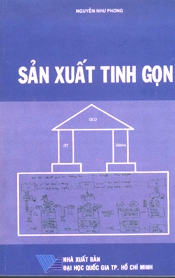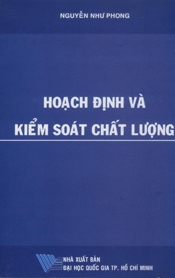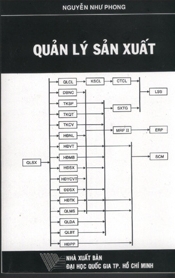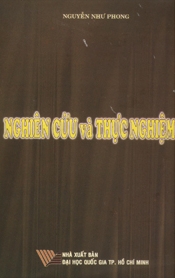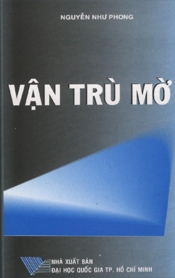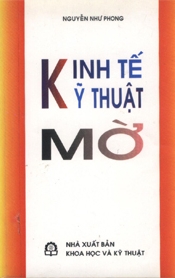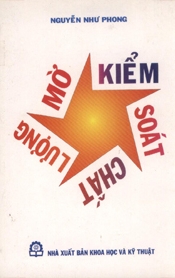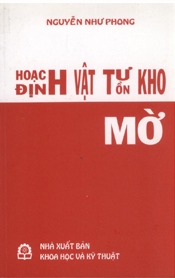
| Reverse Logistics And Clean Technology Adoption |
|
Reverse Logistics And Clean Technology Adoption: The Case Of The Steel Industry. LM 05 William Barnes, (E-mail: Địa chỉ email này đã được bảo vệ từ spam bots, bạn cần kích hoạt Javascript để xem nó. ), University of Portland Kanwalroop Kathy Dhanda, Depaul University
ABSTRACT
Promoting the diffusion of “clean technology” – technology that helps to reduce polluting inputs and processes at the beginning of production, rather than at the “end of the pipe” – is an important step towards more environmentally sustainable production practices.
The use of clean technology coupled with “reverse logistics” practices is particularly effective at reducing environmental impact, and many industries are attempting to move in this direction. Reverse logistics is the process whereby a manufacturer accepts end products from consumers for possible remanufacturing, recycling, and reuse.
However, the diffusion of clean technology and reverse logistics practices in the economy is not well understood, and there remains a need for case and industry analysis in order to derive theory and to provide possible lessons.
This paper focuses on the core of heavy manufacturing, the steel industry. Steel producers, particularly the mini-mill sector, have a long history of relative success with various reverse logistics techniques, especially recycling.
Utilizing a qualitative theoretical framework and drawing from extant case and industry data, we document and analyze the adoption and diffusion of clean technology and reverse logistics in the industry.
|



